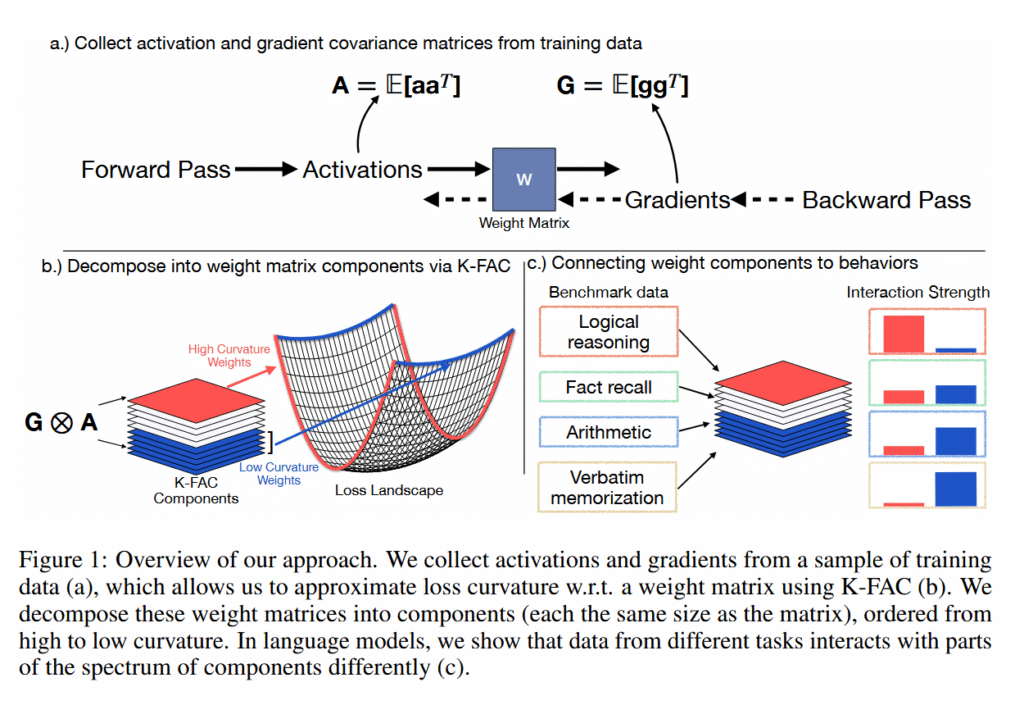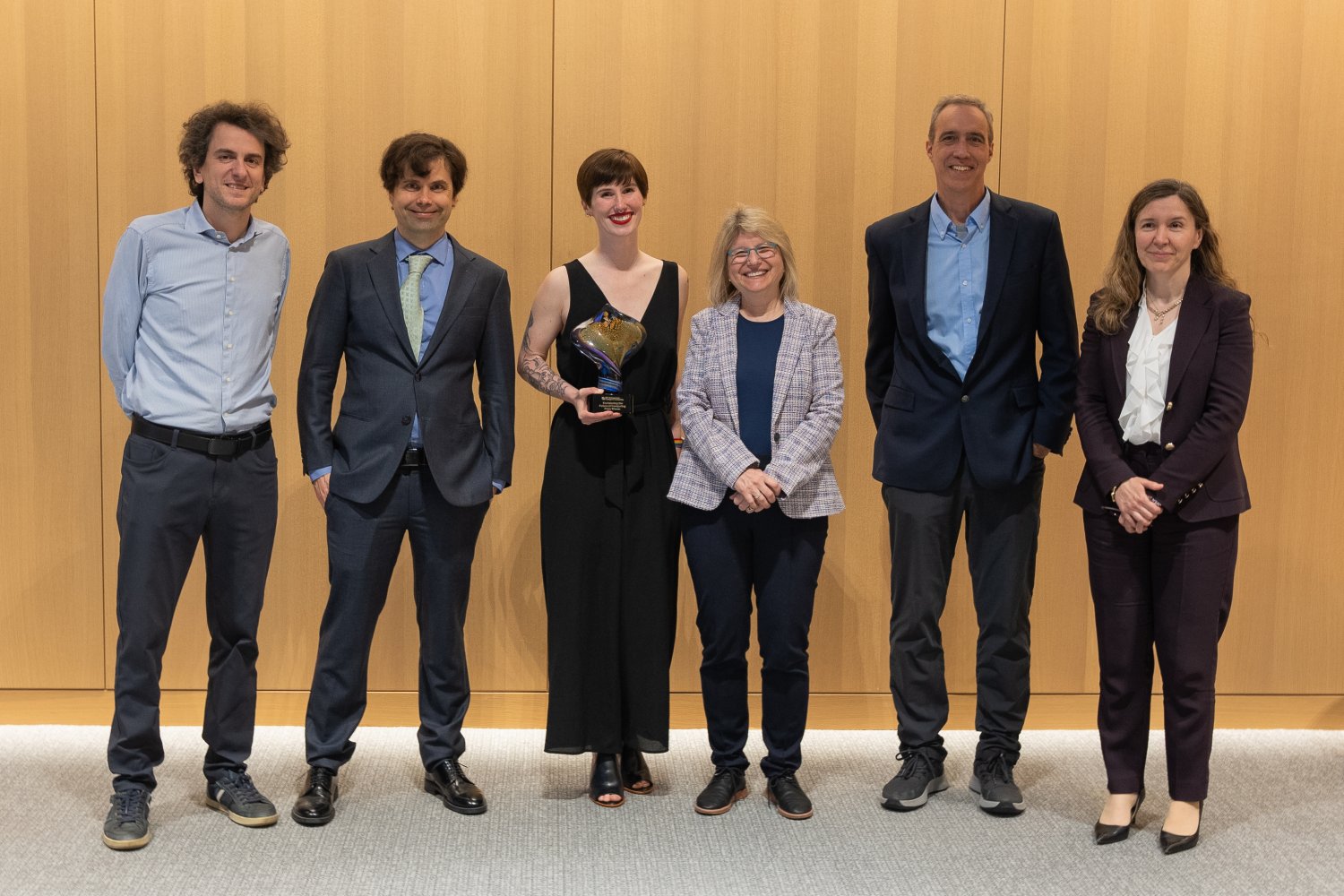Introduction to Google’s Expansion Plan
Google’s €5.5 billion plan to expand its presence in Germany is about more than new buildings and servers. Running from 2026 to 2029, the investment shows how global cloud and AI providers are starting to link technology growth with sustainability, workforce skills, and energy efficiency — priorities now central to how European enterprises plan and operate.
Enhancing Germany’s Cloud Network
A new data centre in Dietzenbach and an enlarged site in Hanau will strengthen Germany’s position within Google’s 42-region cloud network. These centres will support AI tools like Vertex AI and Gemini, which already help companies such as Mercedes-Benz and Koenig & Bauer scale their own AI projects.
Benefits for Businesses
For businesses using cloud and AI, the expansion should mean faster performance, more reliable access, and stronger alignment with EU data rules. The addition of sovereign cloud options gives organisations more control over how and where their data is stored, while avoiding full dependence on a single provider. Many companies are already moving in this direction, using hybrid or multi-cloud setups to balance risk, cost, and compliance needs.
Powering Operations with Cleaner Energy
Alongside the data-centre build-out, Google is extending its 24/7 Carbon-Free Energy agreement with Engie through 2030. The partnership brings together wind, solar, hydro, and battery storage to make energy use cleaner and steadier across Germany’s grid.
Restoring Water and Wildlife
Beyond energy, Google is focusing on water use and biodiversity. In partnership with the NABU Foundation for Natural Heritage, it is supporting peatland restoration in Hesse’s Büttelborn Bruchwiesen to help recharge groundwater and protect wildlife habitats.
Developing Digital Skills
Google is pairing its infrastructure investment with training partnerships to strengthen Germany’s talent pipeline. New programmes with the Kathinka-Platzhoff-Stiftung, the Martin Luther Stiftung Hanau, and the Kaufmännische Schule Hanau will add to existing efforts like Code School Hanau and the KaTHINKas MINT-Initiative. The aim is to build practical digital and STEM skills for future jobs.
Building Germany’s Role in Innovation
The plan also extends beyond data centres. Google is renovating Munich’s historic Arnulfpost building into a 30,000-square-metre development centre for 2,000 employees and expanding offices in Berlin and Frankfurt. Together, these sites will strengthen Germany’s role in the company’s global engineering and AI research network.
Conclusion
The plan highlights how digital infrastructure, clean energy, and human skills are becoming interdependent. For European business and technology leaders, the lesson is that long-term competitiveness depends not just on adopting new tools, but on building the systems — environmental, operational, and human — that support them.
FAQs
- Q: What is the main focus of Google’s €5.5 billion investment in Germany?
A: The investment focuses on expanding Google’s cloud and AI presence in Germany, with an emphasis on sustainability, workforce skills, and energy efficiency. - Q: How will the new data centres in Dietzenbach and Hanau benefit businesses?
A: The new data centres will provide faster performance, more reliable access, and stronger alignment with EU data rules for businesses using cloud and AI. - Q: What is Google’s approach to powering its operations with cleaner energy?
A: Google is extending its 24/7 Carbon-Free Energy agreement with Engie through 2030, combining wind, solar, hydro, and battery storage to make energy use cleaner and steadier. - Q: How is Google supporting digital skills development in Germany?
A: Google is partnering with local organisations to provide training programmes that build practical digital and STEM skills for future jobs. - Q: What is the significance of Google’s expansion plan for European businesses?
A: The plan highlights the importance of interdependence between digital infrastructure, clean energy, and human skills for long-term competitiveness in European businesses.











